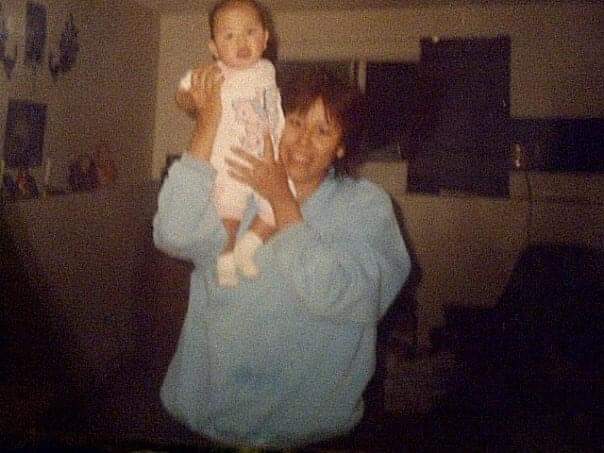Day scholars who suffered harm while attending residential schools could soon apply for compensation.

Day scholars are students who attended residential schools during the day but returned home in the evenings.
In September, the federal court approved the Gottfriedson settlement agreement for day scholars. This settlement is only meant for day scholars who were left out of the 2006 Indian Residential School Settlement and also the 2019 Federal Day Schools Settlement.
John Phillips, the class counsel in the Gottfriedson class action, said in an email statement that the settlement contains benefits for both day scholars and their children.
“Each Day Scholar who attended an Indian Residential School during the day only (but did not sleep there overnight) is eligible to apply for a $10,000 Day Scholar Compensation Payment,” according to the statement. “In cases where the Day Scholar died on or after May 30, 2005, the deceased Day Scholar’s estate or heirs may apply for the Day Scholar Compensation Payment.”
The class counsel stated the $50-million Day Scholars Revitalization Fund is not a direct compensation for the descendants of day scholars. This fund is to be used to support healing, wellness, education, language, culture, heritage and commemoration. They added that the day scholars’ settlement differs from the Federal Indian Day Schools Settlement Agreement in 2019 and only pertains to students who were not included in the 2006 Indian Residential School Settlement Agreement.
Kayla Ironstar-Murray is planning on applying on behalf of her mother, Angela Ironstar, who attended the Lebret Indian Residential School and considers herself a day scholar. Ironstar did not understand the criteria for this settlement on the day scholar website and asked her daughter to help interpret and clarify details.
“It’s worded in a way where it’s not easy for everybody to read,” Ironstar-Murray said. “(My mom) had asked me to help her with the actual application.”
Ironstar-Murray became her mother’s main support system and confidant. She learned about what her mother endured during her time at the Lebret Indian Residential School. Coming from a social work educational background, Ironstar-Murray was able to comprehend everything her mother told her. But at first, it wasn’t easy.
“Back then, I didn’t have a level of support. I didn’t have a level of education with the root causes of trauma with residential schools,” she said. “In social work … a lot of the classroom experiences helped me realize the broader view of (residential schools) and I (looked) at these traumas as a whole rather than taking it personal.”
Ironstar-Murray said when the first Indian Residential School Settlement came out in 2007, her mother went through a similar experience of not understanding the application process. It was then that Ironstar-Murray became her mother’s power of attorney, trustee and support system during her healing journey.
With Ironstar-Murray’s educational background, she was able to break down the terminology and help her mom understand what the legal team is asking from potential claimants. But to Ironstar, there isn’t any amount of money that will erase the trauma of abuses she endured in the Indian residential school. And that’s something that Ironstar-Murray has accepted.
“It’s not my experience,” she said. “Taking on the responsibility of helping my mom with this and speaking on her behalf is a huge responsibility.”

The Federation of Indigenous Sovereign Nations (FSIN) Chief Bobby Cameron said lawyers who are handling the class action need to have better communication with the survivors.
“We expect (the) law firms to honour and listen to what our survivors are saying,” he said. “Even with the rules they (came) up with, they didn’t really consult with the survivors or even elected leaders on some of the potential mishaps and miscommunication.”
The claims process is not open yet but the class counsel anticipates that it will open early in 2022.
The Indian Residential Schools Crisis Line (1-866-925-4419) is available 24 hours a day for anyone experiencing pain or distress as a result of their residential school experience.




Comments